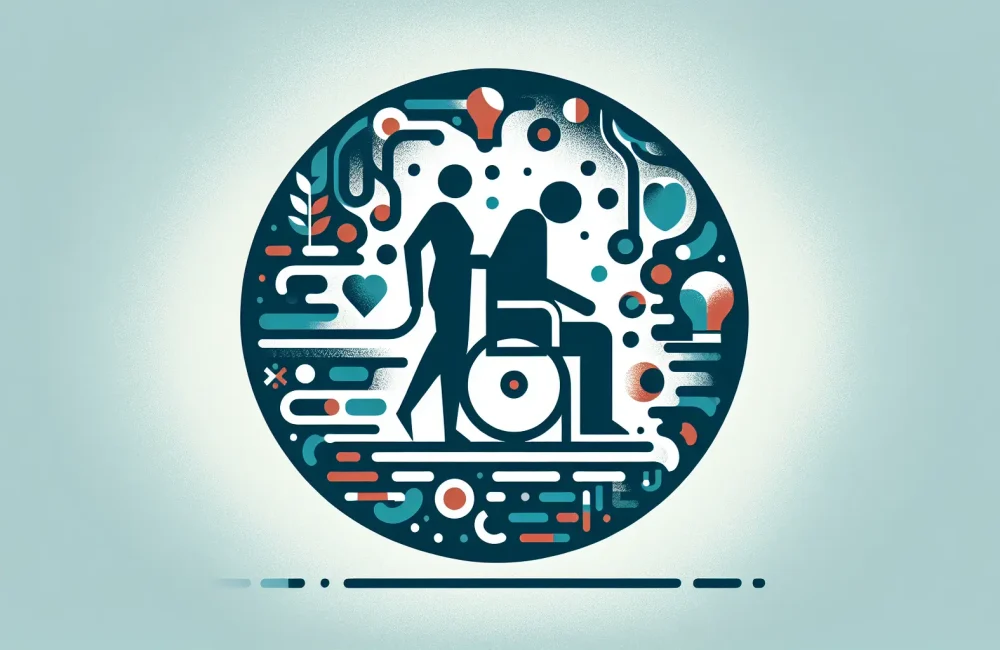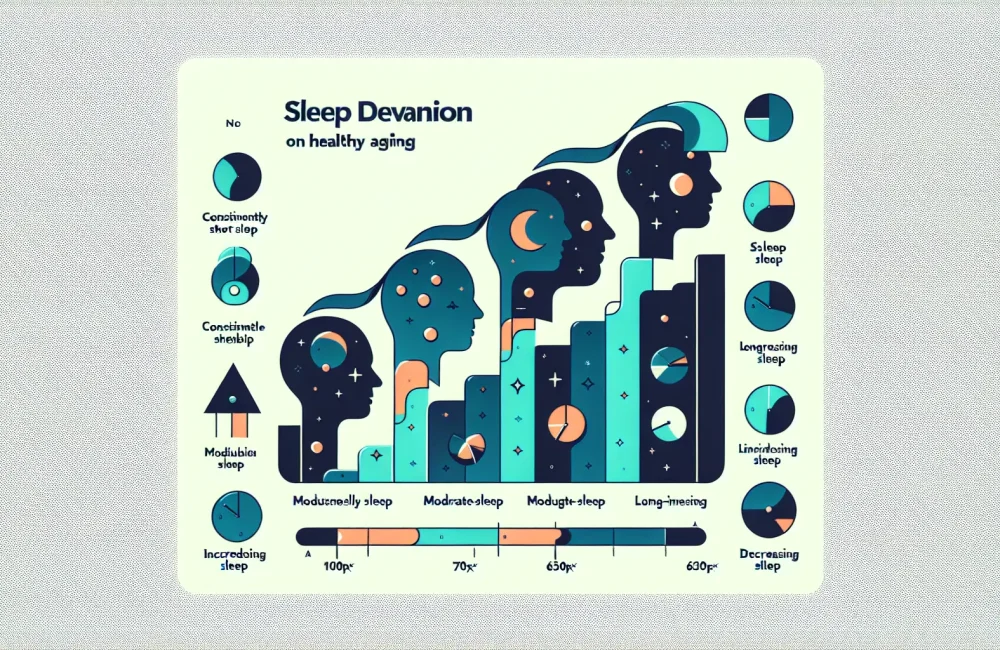By CAFMI AI From Journal of Medical Internet Research (Open Access)
Digital Isolation and Its Link to Sleep Problems in Older Adults
Sleep disorders are a common yet significant health concern among older adults, affecting their quality of life and overall health outcomes. The study utilizing data from the National Health and Aging Trends Study (NHATS) focused on exploring the relationship between digital isolation and sleep disorders in the senior population aged 65 and older. Digital isolation refers to the lack of access to or the inability to use digital technology, such as smartphones, computers, or the internet, which historically has provided new avenues for social engagement and health management. The researchers performed both cross-sectional and longitudinal analyses to evaluate how digital isolation relates to sleep disturbances such as difficulty falling asleep, maintaining sleep, or experiencing daytime fatigue.
Key Findings from the NHATS Study on Digital Isolation and Sleep
The cross-sectional analysis of NHATS data demonstrated a significant association between digital isolation and an increased prevalence of sleep disorders among older adults. Those individuals who did not have access to or could not use digital devices were more likely to report symptoms indicative of sleep problems. Furthermore, the longitudinal follow-up revealed that participants transitioning into a state of digital isolation exhibited a rising risk of developing sleep disorders over time. Importantly, these associations persisted even after adjusting for known confounders such as age, sex, socioeconomic status, and pre-existing health conditions. These findings highlight digital isolation as an important social determinant of health that has a measurable impact on sleep health among seniors.
Clinical Implications and Future Directions for Elder Care
Understanding the link between digital isolation and sleep disorders has critical clinical implications for healthcare providers caring for older adults. Since sleep disturbances can exacerbate other chronic conditions and impair cognitive and physical function, identifying modifiable factors like digital isolation offers new avenues for intervention. Healthcare professionals, especially those in primary care and geriatrics in the United States, should consider assessing digital literacy and access during routine evaluations. Interventions aimed at improving digital inclusion may help mitigate sleep disorders and enhance overall well-being. Possible approaches include community programs to increase digital skills, provision of easier-to-use technologies, and integrating telehealth resources that promote social connectedness and health monitoring. Furthermore, future research is needed to uncover the mechanisms by which digital isolation affects sleep and to develop tailored strategies that address both the social and technological barriers older adults face. Such initiatives have the potential to improve not only sleep health but also broader aspects of health and quality of life in this growing population.
Read The Original Publication Here






